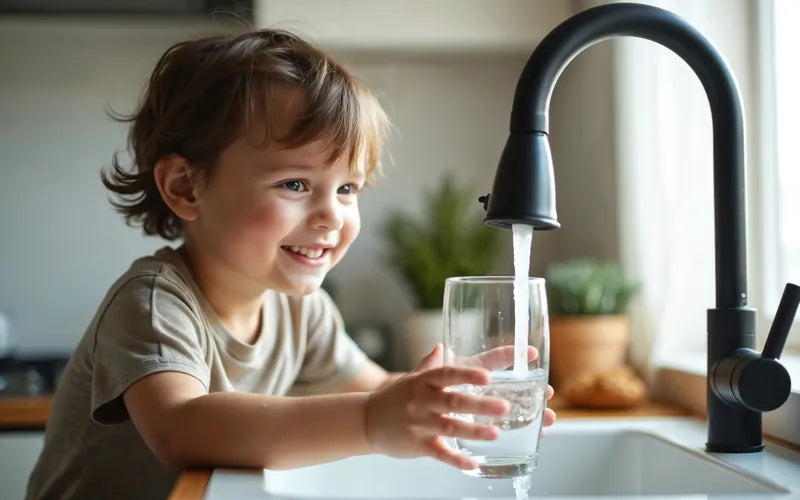PFAS in Drinking Water: What You Need to Know and How to Remove Them
PFAS, short for Per- and Polyfluoroalkyl Substances, are synthetic chemicals used in everything from nonstick cookware to waterproof clothing. These "forever chemicals" don't break down easily—and they're increasingly found in U.S. and Canadian tap water.
⚠️ Why Are PFAS Dangerous?
Exposure to PFAS has been linked to:
- Increased risk of cancer (kidney and testicular)
- Hormonal disruptions
- High cholesterol
- Weakened immune system
- Developmental issues in children
Even trace amounts in drinking water can be harmful, according to the U.S. EPA and Health Canada.
💧 How Do PFAS Get Into Your Water?
PFAS can enter municipal or well water through:
- Industrial discharge
- Landfills and contaminated soil
- Firefighting foam runoff
Most city water systems are not equipped to remove PFAS, making at-home filtration essential.
✅ How to Remove PFAS from Tap Water
Here are the most effective filtration methods:
1. Activated Carbon Filters
Best for whole house or under-sink use. These filters trap PFAS through adsorption and require periodic replacement for best results.
2. Reverse Osmosis (RO) Systems
Removes 90–99% of PFAS and other contaminants. Ideal for drinking and cooking water. Works best when paired with a carbon pre-filter.
3. Ion Exchange Resins
Highly effective at removing short-chain PFAS compounds. Common in commercial or advanced residential systems.
🔧 Best PFAS Removal Filters for Your Home
For complete protection, we recommend combining a whole house carbon filter with a reverse osmosis system at your kitchen sink.
💡 Looking for a PFAS removal solution?
Browse the AquaEssence™ Sentinel Whole House Filtration System
Explore the AquaEssence™ Twist-RO Reverse Osmosis System
📌 Final Thoughts
PFAS may be everywhere—but they don't have to be in your water. Protecting your family starts with the right filtration system.
Ready to take action?
Shop PFAS Removal Filters →




